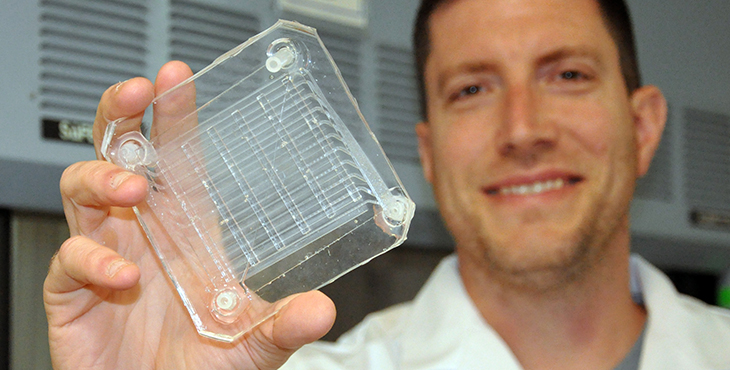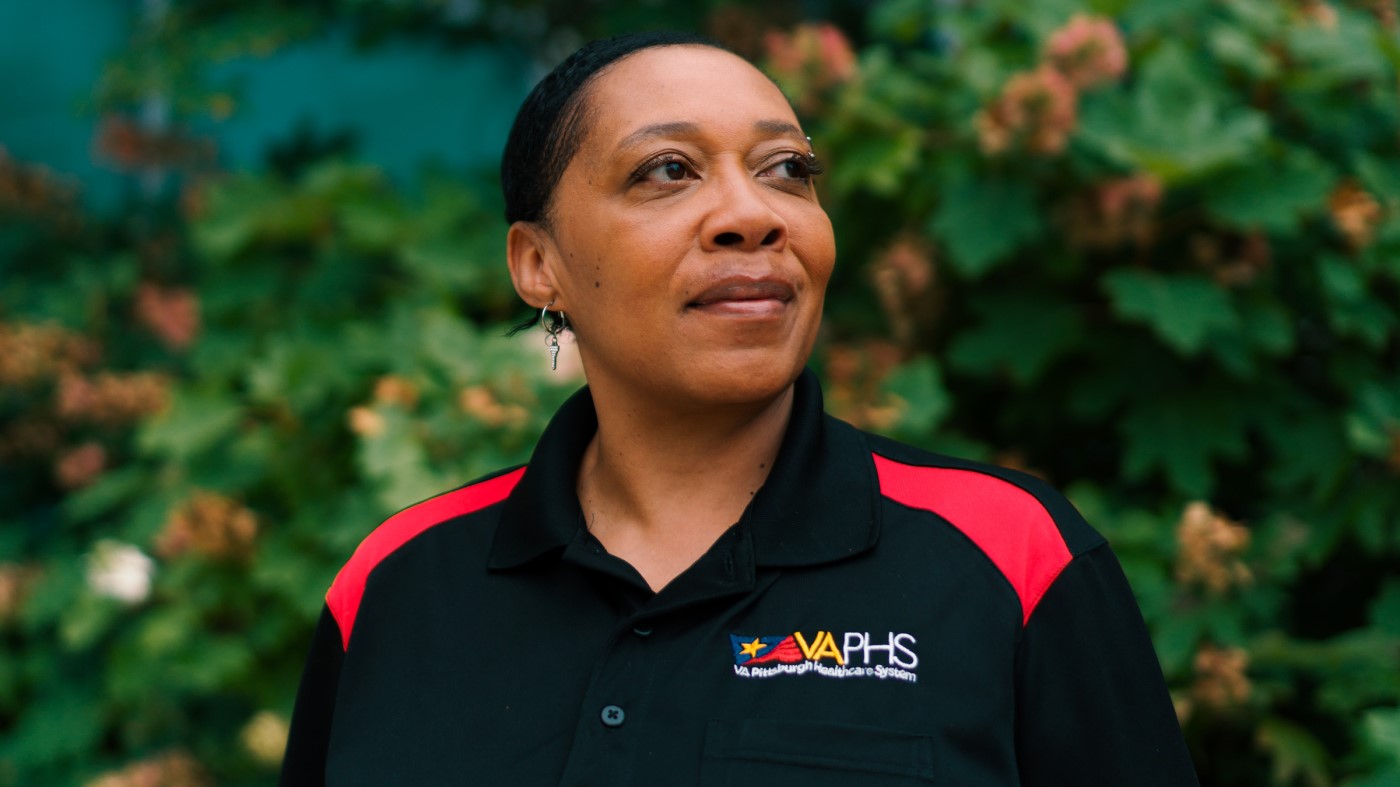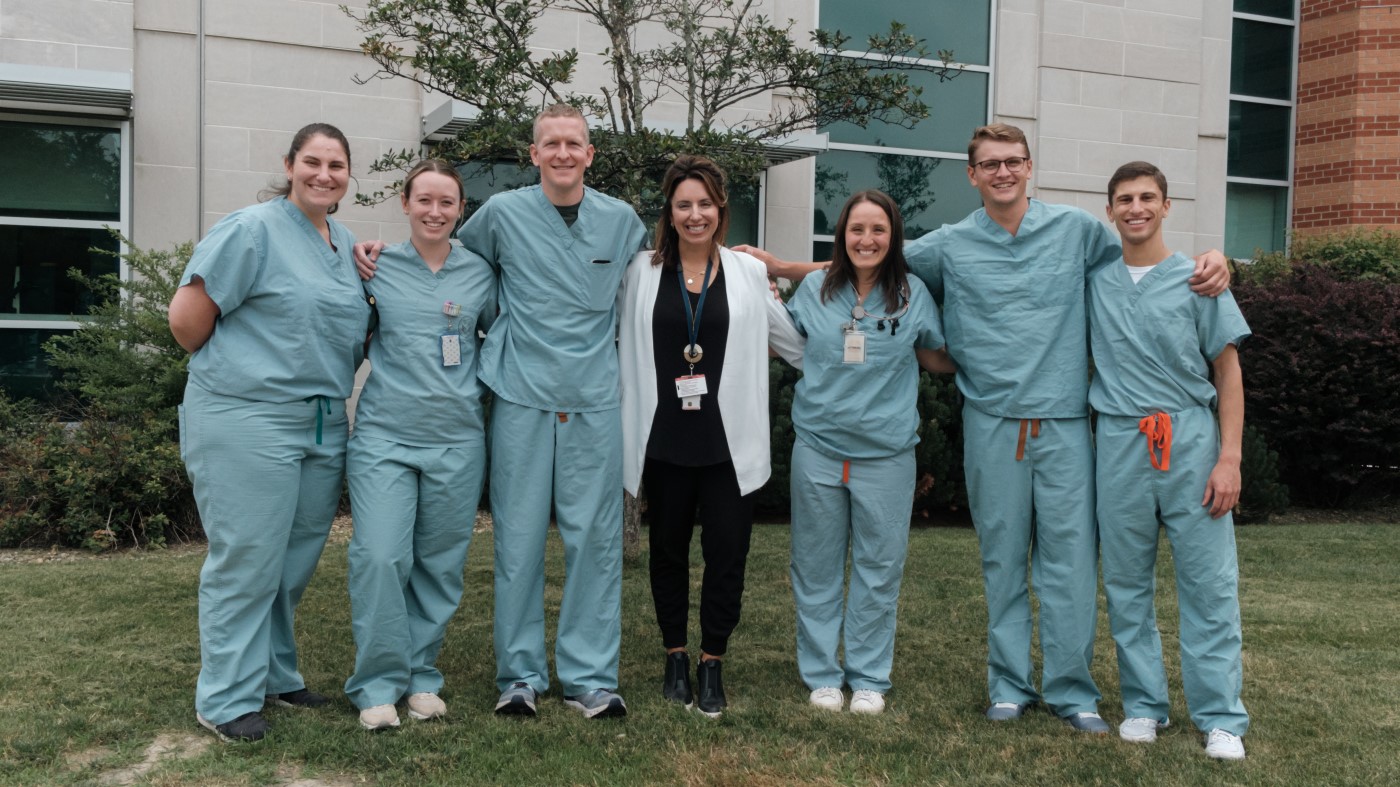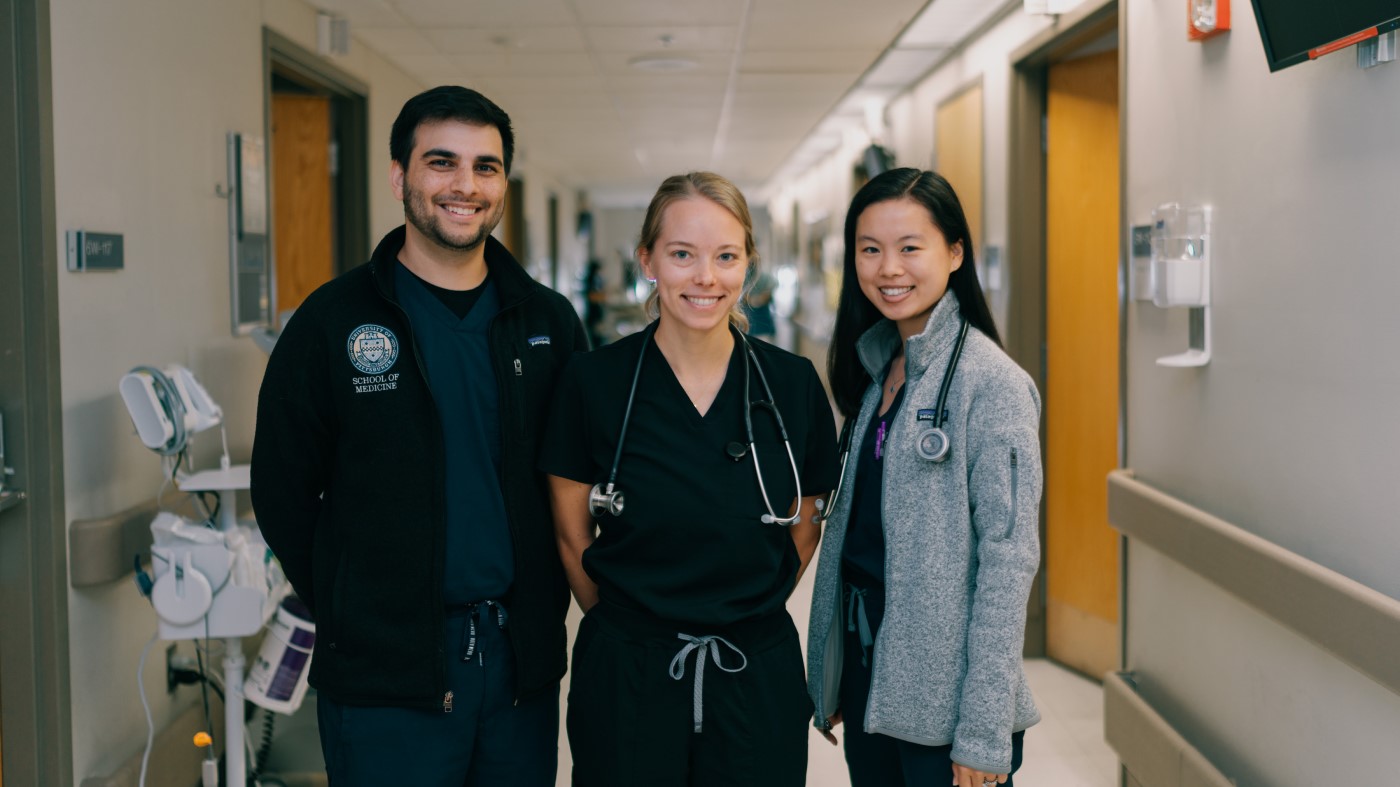Innovation is essential to delivering modern, high-quality health care. Embracing new technologies and exploring groundbreaking techniques is not only encouraged at VA — it’s celebrated.
Take a look at 3D printing, a relatively new technology with a myriad of applications to health care.
Back in 2017, we were an early adopter of 3D printing, establishing an integrated virtual printing network for creating hand and foot orthotics, replicating organs and planning surgeries. The network has now grown to 40 hospitals across the country.
“This 3D printing technology is all about empowering our frontline staff and patients to advocate for what they need and then to build it,” said Beth Ripley, MD, Ph.D., director of VHA’s 3D Printing Network and chair of the 3D Printing Advisory Committee.
VA pushed even further in 2020. The department can now print medical devices onsite, allowing us to deliver more efficient, personalized care to Veterans.
We were also able to rise to several challenges presented by the COVID-19 pandemic, helping to develop a 3D-printed nasopharyngeal swab and creating face mask design challenges to address problems encountered by health care workers and first responders.
How was this quick action possible? Because, according to Ripley, VA culture is “non-siloed, integrated and collaborative.”
Innovation 2020
We don’t innovate from the top down. We encourage our employees, at all levels of the organization, to be part of the process.
Through Innovation Ecosystem programs, over 25,000 of our employees have received training, engaged in innovation competitions or led implementation of promising new practices. We’ve positively impacted the lives of more than one million Veterans and saved $40 million since 2015.
Changes don’t have to be solely made on a large scale. Small, local changes can have an equally big impact on the quality of care we’re able to deliver to more than 9 million Veterans across the nation.
Some innovations inspired by our employees in 2020 include:
- A device that dispenses only one eye drop at a time, helping Veterans who struggle with reduced vision and manual dexterity.
- A 10-week health education group to address health care disparity for LGBTQ+ Veterans.
- A software system that helps reduce six- to 12-month wait times for prosthetics.
- Virtual reality therapy to help Veterans coping with post-traumatic stress disorder.
- Wearable sensors to help improve COVID-19 patient outcomes as well as readmissions for heart failure.
- Augmented reality microscopes that leverage artificial intelligence, big data and machine learning models to detect and classify cancers.
“The status quo is not enough — if we continue to do what we have always done, we will get the results we have always gotten,” reads the VHA State of Innovation Report.
Work at VA
We are always looking for clinical and non-clinical professionals who want to be part of this culture of change and improvement. Discover if a career at VA is right for you.
- EXPLORE job openings at VA.
- LEARN more about our Innovation Ecosystem.
- READ an FAQ about how to apply for VA jobs.
Topics in this story
More Stories
If you’re looking for an opportunity to provide care to Veterans outside a traditional clinical setting, Home Based Primary Care (HBPC) is a great option.
A key part of your job search is finding the right fit for you and your skills, and workplace culture can impact that dramatically.
VA offers numerous pathways into mental health careers, including scholarship opportunities for college students. Learn more.







I think it’s time the VA seek to hire more veterans in key positions because I’ve been going to the VA for 25 years or more and it seems that more and morel, policies are being geared toward job security for doctors and therapists than health of veterans. It seems to me that the more you are honest about what’s happening in your life, the more it gets used against you as a patient. There are way to many under qualified young people who just don’t have thick enough skin to deal with the deep seated mental issues and reactions from veterans when some of them are caught in the act of disrespecting and making light of veterans illnesses. I’ve been to the hospital seeking treatment for severe anxiety and been sorrounded by police officers because a nurse practitioner didn’t like my answers and as I waited in the parking lot for my vehicle to return and had the police called on me because a young lady for no clear reason decided I was waiting for the right time to come back in and do whatever her paranoia convinced her that I in her mind was out there planning. Someone needs to tell me what’s right about seaking treatment for anxiety and lack of sleep and suffering a panick attack at the hands of three police officers in the parking lot of the place in which I should feel the safest. In my eyes the VA is becoming just another business being controlled by those who nearly seal a paycheck. I have never felt so patronized as I do by some of the doctors and practitioners that work at the VA. I WILL NOT allow an employee of the organization built for me and my fellow veterans to disrespect, patronize and outright abuse me simply to be the one in charge. I’m pretty aggravated over the whole fake opioid crisis so big pharma can use a couple drug dealing doctors to cause the whole system to fail to provide medication that works because it’s cheap and works as apposed to not new and 20 times more expensive. We have major problems that are being overlooked and as a person with suicidle tendancies, I do fear for my future and my children’s future because more and more I see the paint by numbers quick fix one treatment fixes all and if it doesn’t let’s punish the patient so we don’t look like we know what we need to do to aid them. They are now sending certified letters offering future treatment for chronic appointment missers. Like I said we need more veteran policy makers in this “BUSINESS” before it becomes only that, a place for people to make a healthy paycheck as veteran suicides keep rising because veterans feel that the VA has turned it’s back on them.
I work for the VA hospital in San Diego California as a Health Tech. and left October 12th 2013 after some very bad adverse events which wouldn’t stop by my own former colleagues let alone the extremely bad Behavior which I endure quite a bit. Employees went thru my medical records illegally and got a great deal of my appointments cancelled hint wait time scandal 2013-14, lost my 2nd amendment rights and finally won my federal employee medical disability retirement case, despite Covid 19 If I get so sick I can’t go to critical care where I once work at for the reason being do I want the people who I once work with taking care of me after what they done to me, who’s going to protect me from them.
I”m grateful for the physical and mental care i’ve received over the years since leaving the Air Force in 1969 .As a former electronic engineer i’ve often wished i had gone with the VA as a biomed tech and been involved with R& D.
I was an electrosurgiical design engineer for a few years.
On my visits to VA facilitiies i’ve often been impressed by the level of former military expertise i’ve encountered.
I’ve often encouraged students of history to visit some VA hospitals and become acquainted with some of the vererans who helped make history. !